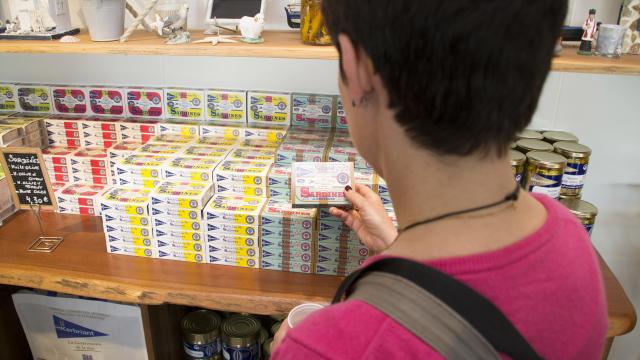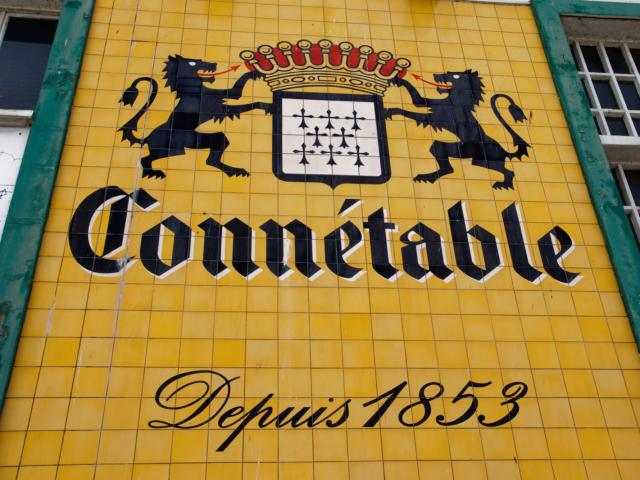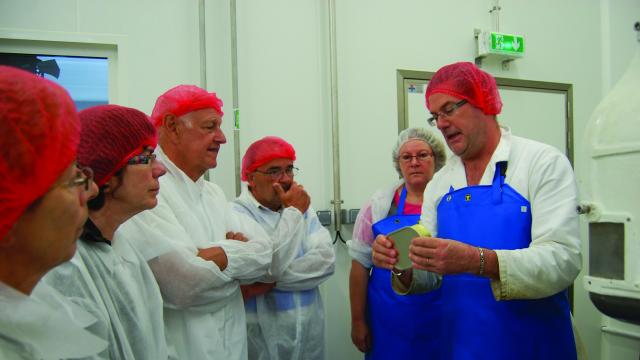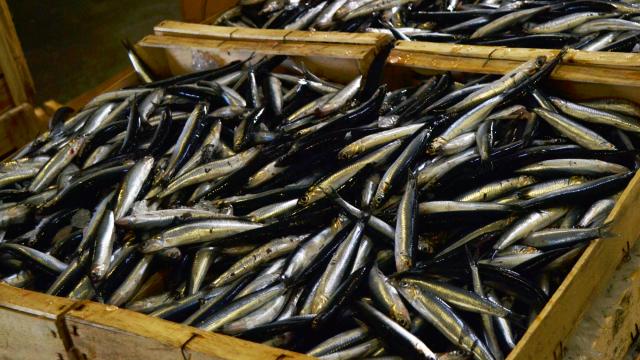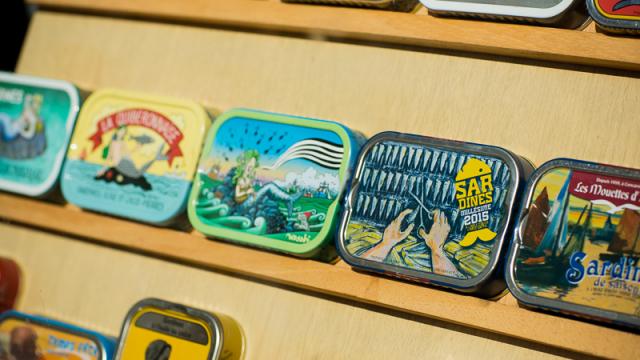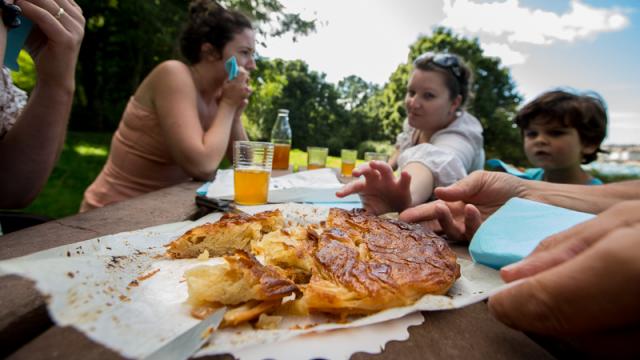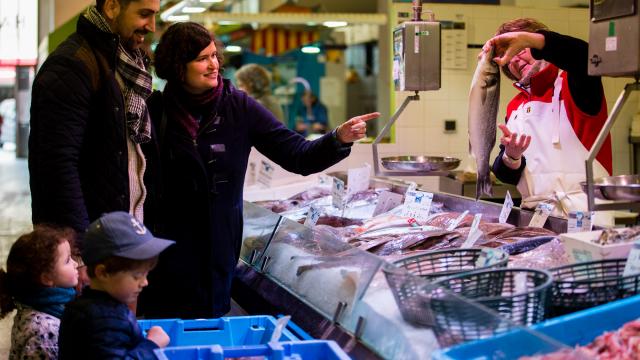An ancient skill
From the Roman’s making their garum to modern-day fish rillettes lavishly spread onto fresh bread, sardines always seem to be flavour of the month here, and with good reason.
There are 3 canning factories (‘conserveries’ in French) that continue to trade in the area, sharing their gastronomic skills in preserving sardines, mackerel, tuna and plenty of other seafood. Treat yourself to a few of their products in the local boutiques or even book yourself onto one of the site visits and see how it’s all made!
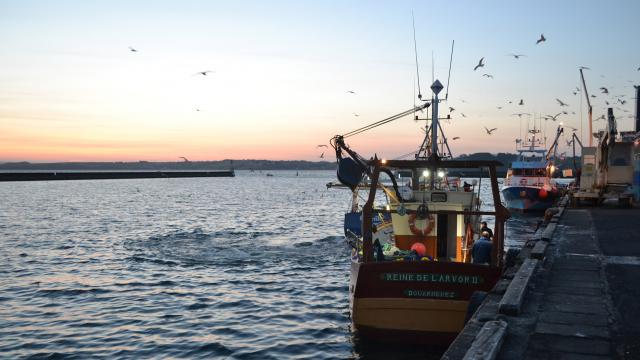 sardine boat fishing port Rosmeur
sardine boat fishing port Rosmeur
